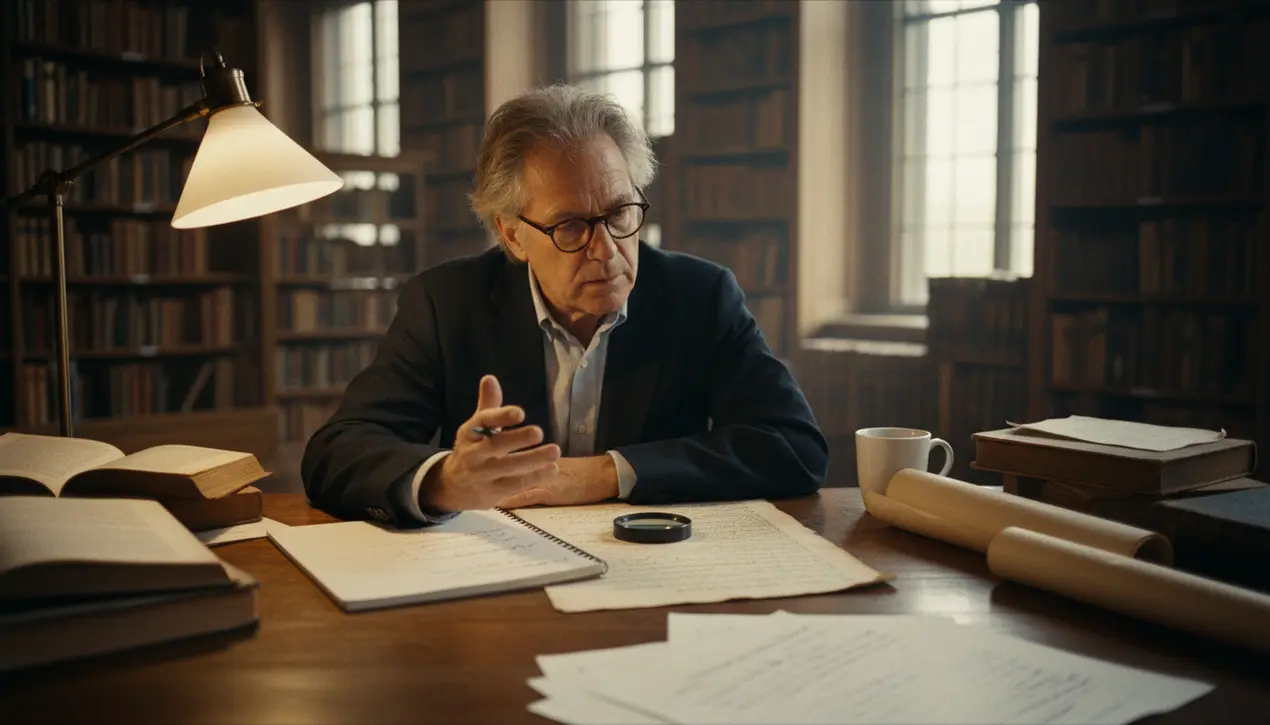
PoliticslegislationConstitutional Amendments
Walter Isaacson's new book analyzes the Declaration's key sentence.
RO
Robert Hayes
3 hours ago7 min read
Walter Isaacson, the acclaimed biographer whose previous subjects include intellectual giants like Benjamin Franklin and Leonardo da Vinci, turns his analytical gaze toward America's founding document in his forthcoming 67-page volume 'The Greatest Sentence Ever Written,' set for release Tuesday. The work represents a deep textual and historical excavation of the Declaration of Independence's most seminal assertion: 'We hold these truths to be self-evident, that all men are created equal, that they are endowed by their Creator with certain unalienable Rights, that among these are Life, Liberty, and the pursuit of Happiness.' Isaacson, in conversation, revealed his five-year gestation period for this project, driven by a desire to move beyond rote memorization and foster a genuine public appreciation for the sentence's profound philosophical and political architecture. This endeavor arrives at a critical juncture, as the nation prepares for its 250th anniversary celebrations, a moment Isaacson hopes can be leveraged to reaffirm shared national values rather than exacerbate divisions.The book's concise format, championed by his editor Priscilla Painton and agent Amanda 'Binky' Urban, aligns with a growing market appetite for substantive yet accessible nonfiction. Crucially, Isaacson's analysis is grounded in primary source material, including a transcript of Thomas Jefferson's original draft complete with the consequential edits made by the committee of five, notably Benjamin Franklin and John Adams.He parses the sentence word by word, examining the deliberate choices in phrasing that would come to define the American experiment. For instance, the shift from Jefferson's initial 'inherent & inalienable' rights to the more theologically resonant 'unalienable Rights' speaks volumes about the framers' intent to anchor their argument in a higher, immutable law, a concept with deep roots in Enlightenment thinking that stood in stark opposition to the divine right of kings.This foundational sentence did more than justify a political separation; it laid the groundwork for the two core concepts Isaacson identifies as the nation's bedrock: the necessity of a common ground for civil society and the aspirational promise of the American Dream. Historians might draw parallels to other revolutionary documents, but the Declaration's unique fusion of Lockean liberalism with a distinctively American optimism set a precedent.The sentence's power lies not just in its initial revolutionary context but in its enduring, and often contested, application—from the abolitionist movements and the women's suffrage campaign to the Civil Rights era, each generation has invoked its principles to demand a broader, more inclusive realization of its promise. Isaacson's focused study serves as a timely reminder that the strength of the republic may well depend on a collective, nuanced understanding of the very words that called it into being, a task as urgent now as it was in 1776.
#Walter Isaacson
#Declaration of Independence
#American history
#featured
#founding fathers
#book release
#Thomas Jefferson
Stay Informed. Act Smarter.
Get weekly highlights, major headlines, and expert insights — then put your knowledge to work in our live prediction markets.
Related News
Comments
Loading comments...
© 2025 Outpoll Service LTD. All rights reserved.